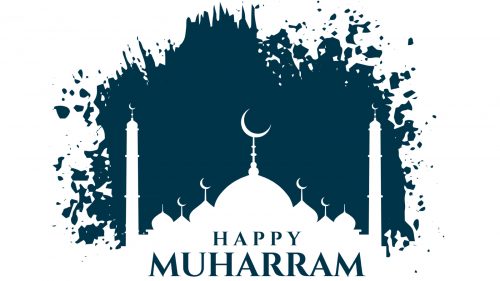 Muharram is the first month of the Islamic calendar and is considered one of the four sacred months in Islam during which warfare is prohibited. It holds significant importance for Muslims around the world, particularly for Shia Muslims, who commemorate the martyrdom of Husayn ibn Ali, the grandson of Prophet Muhammad, in the Battle of Karbala on the 10th day of Muharram, known as Ashura.
Muharram is the first month of the Islamic calendar and is considered one of the four sacred months in Islam during which warfare is prohibited. It holds significant importance for Muslims around the world, particularly for Shia Muslims, who commemorate the martyrdom of Husayn ibn Ali, the grandson of Prophet Muhammad, in the Battle of Karbala on the 10th day of Muharram, known as Ashura.
Key Points about Muharram:
- Sacred Month: Muharram is one of the four sacred months in Islam where fighting is traditionally forbidden. The other three are Dhu al-Qi'dah, Dhu al-Hijjah, and Rajab.
- Ashura: The 10th day of Muharram, known as Ashura, is a day of mourning for Shia Muslims. It marks the day of the Battle of Karbala in 680 AD, where Husayn ibn Ali, along with his family and supporters, were martyred. Shia Muslims observe this day with mourning rituals, processions, and reenactments of the battle.
- Sunni Practices: Sunni Muslims also consider Muharram a significant month and observe fasting on the day of Ashura. For Sunnis, it is recommended to fast on the 9th and 10th (or 10th and 11th) days of Muharram. This fasting is in remembrance of the day Allah saved the Israelites from Pharaoh, as mentioned in Islamic tradition.
- Traditions and Practices: In many parts of the world, particularly in countries with significant Shia populations like Iran, Iraq, Pakistan, and India, Muharram is observed with various ceremonies, including public processions, plays depicting the Battle of Karbala, and recitations of elegies. Participants often engage in acts of self-flagellation or beating their chests as a sign of mourning.
- Historical Significance: The events of Karbala hold a deep emotional and religious significance for Shia Muslims, symbolizing the struggle against injustice and oppression. Husayn ibn Ali is revered as a martyr who stood against tyranny.
Muharram, especially the day of Ashura, serves as a powerful reminder of the themes of sacrifice, faith, and resistance in the face of oppression within the Islamic tradition.










